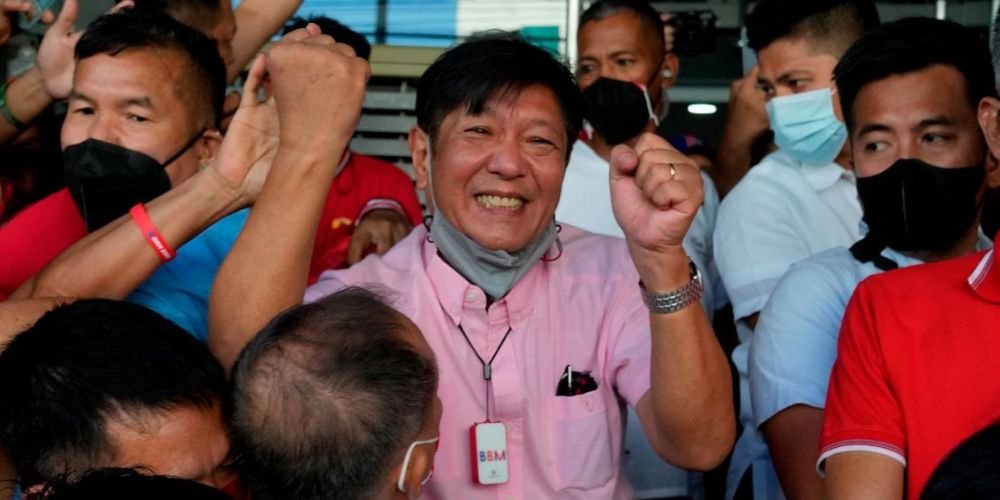Alright, folks, buckle up—because in the world of Philippine politics, it’s never a dull day.
The Sandiganbayan has just dismissed a decades-old civil case against the Marcos estate, citing “inordinate delay.” Yeah, you heard that right—after years of trying to recover alleged ill-gotten wealth, the case has been thrown out because, well, it took too long to get anywhere.
Senator Imee Marcos expressed relief and a hint of frustration at the Sandiganbayan’s dismissal of a decades-old PHP276-million civil case against her family, jokingly noting that the case took so long she could have aged like fine wine in the process. Yes, after a whopping 38 years of courtroom back-and-forth, the case has been tossed out—not with a bang, but with a bureaucratic shrug.
So, What’s the Deal?
Let’s break it down. This case was part of a larger effort by the government to recover billions of pesos allegedly siphoned off by the Marcos family during their time in power. We’re talking about a legal saga that’s been dragging on since the late ‘80s, practically ancient history at this point.
The Sandiganbayan decided that the government had simply taken too long to push the case forward, so they dismissed it.
Now, that sounds simple enough, but the question on everyone’s mind is: Does this mean it’s all over for the efforts to recover Marcos’ wealth? Not exactly. There are still other cases in play, but this dismissal is a huge win for the Marcoses.
Why Was There Such a Delay?
Good question, and it’s one that has a lot of people scratching their heads. The case had been stuck in the court system for decades, with various legal maneuvers slowing things down. Whether it was the sheer complexity of the case or just good ol’ fashioned bureaucracy, it seems like the system just couldn’t keep up. In the end, the Sandiganbayan basically said, “Enough is enough,” and pulled the plug.
But here’s where things get a bit murky. This isn’t just about a simple delay—it’s about accountability. For many Filipinos, this case was a symbol of justice that’s been a long time coming. And now, with the dismissal, it feels like that justice may never fully be served.
The Marcoses’ Big Win
Let’s not sugarcoat it—the Marcos family is probably breathing a big sigh of relief right now. With this case gone, they can focus on the other legal battles ahead. It’s a huge victory for them, and a major blow for those who have been hoping to see the return of the alleged ill-gotten wealth.

But before we start calling this a full-on comeback for the Marcoses, let’s remember: this is just one case. There are still other cases pending, and the fight isn’t completely over yet.
Is This Really “Justice Delayed”?
Here’s the thing: “justice delayed is justice denied” is a phrase we hear a lot, and in this case, it rings painfully true for those who have been waiting for decades to see some sort of resolution. The delay here isn’t just about legal red tape—it’s about a system that hasn’t been able to move fast enough to get answers for the Filipino people.
So yeah, the case is over, but the questions remain. Is the system too slow to handle these kinds of big, complex cases? And what does this mean for the future of the other cases still pending against the Marcos estate?
What’s Next?
The government can still appeal the decision, but whether or not they’ll have the time, resources, or public support to keep pushing forward remains to be seen. One thing’s for sure: this dismissal is going to spark some serious debate about how the country handles big, high-profile cases like this.
For now, it looks like the Marcos family has dodged another bullet. But as we all know, in Philippine politics, the story never really ends—it just keeps evolving.











